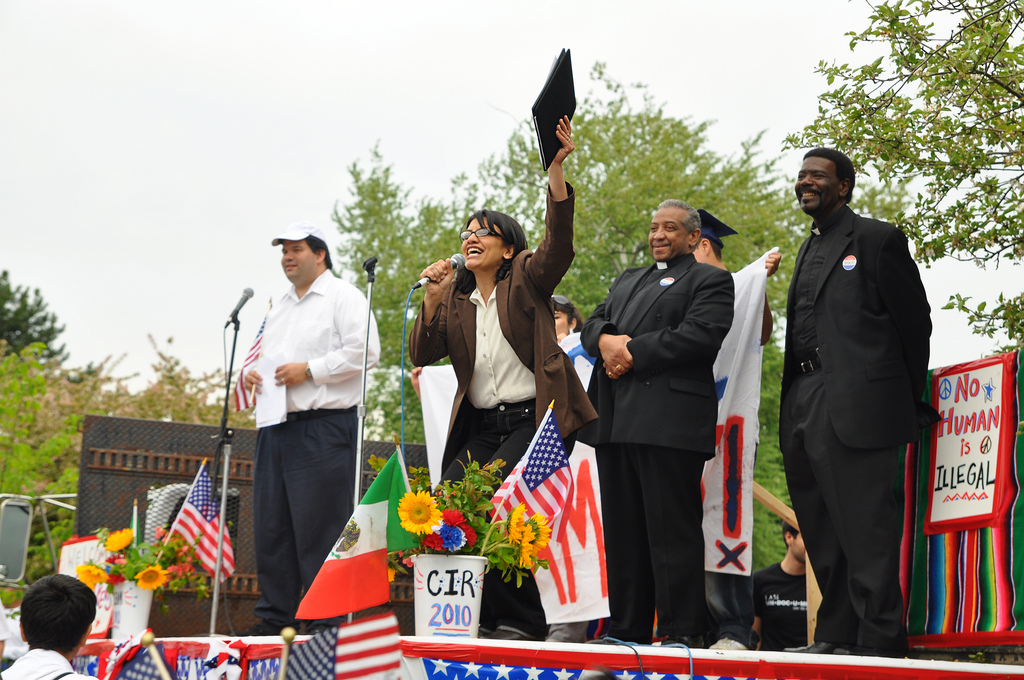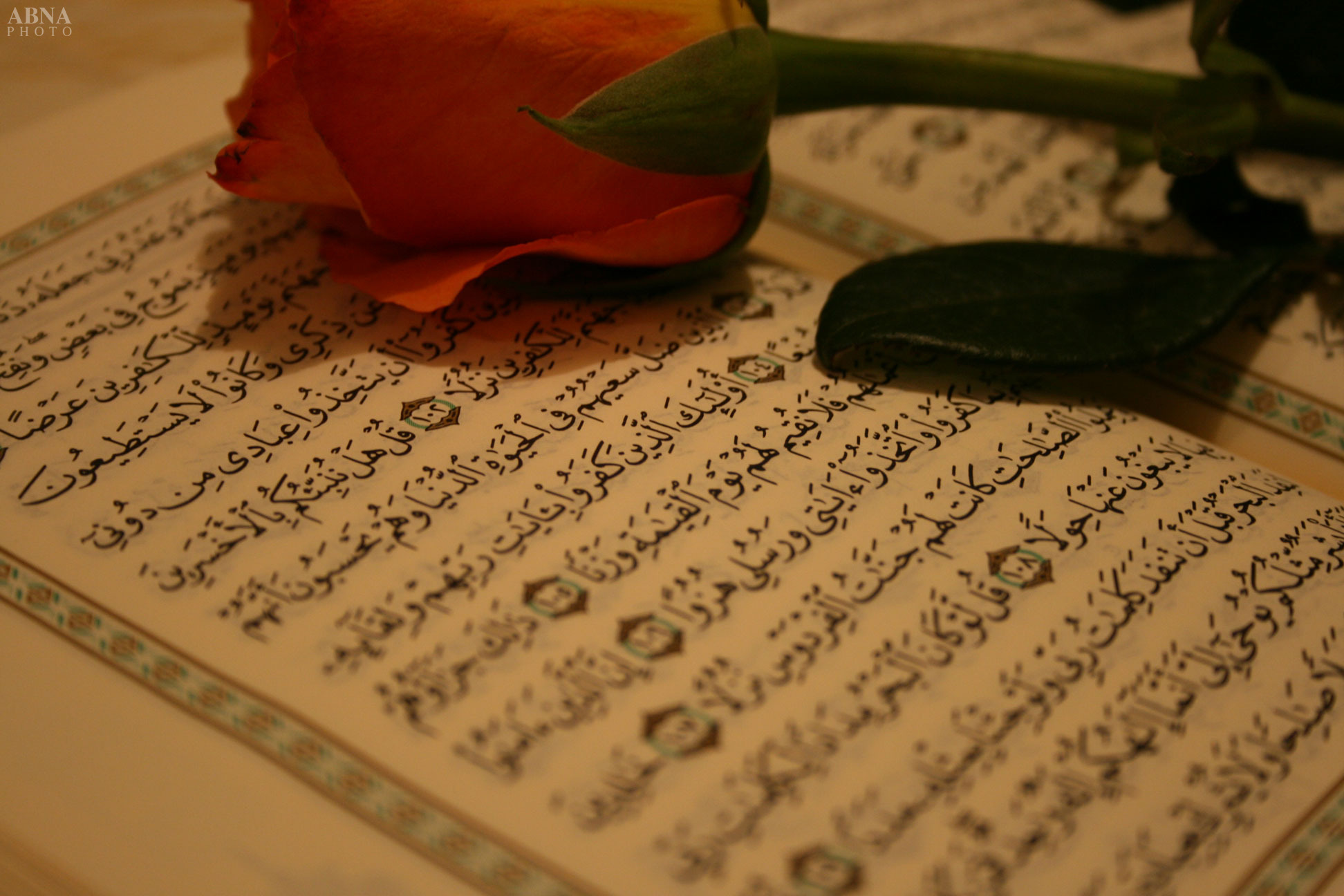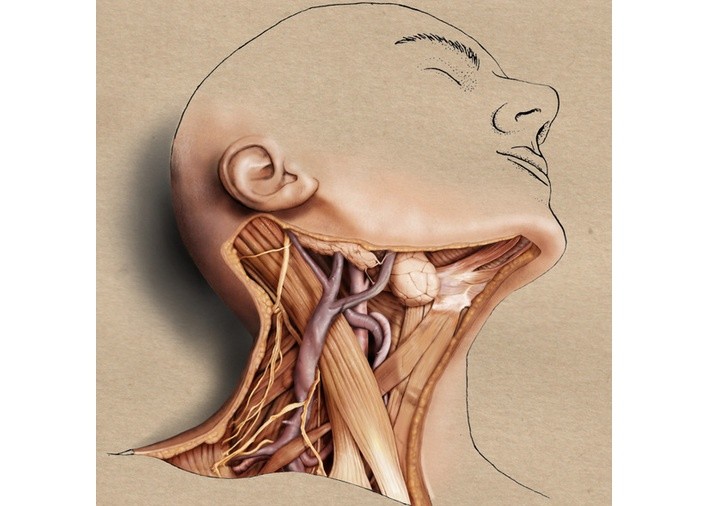Whenever I encounter Asra Nomani’s works or see her in an interview, I usually wonder,“What is her point?” I don’t say this derisively. Is she trying to speak about gender inequality among the ummah? Is she trying to deal with gender norms in her own South Asian community?
These questions formed in my mind as I read Nomani’s latest piece, published in Marie Claire, titled “My Big Fat Muslim Wedding”. In the piece, Nomani goes off on so many different tangents that, by the end of the piece, I was still confused as to what her main point was. She starts by giving the reader a portrait of herself as a terrified bride in Islamabad, then quickly jumps to her journey as a little girl from India to West Virginia. From there, she tells us how she felt like an outsider in American culture because her South Asian and Muslim roots, how she lost her virginity to a white, non-Muslim college classmate, her unfulfilling marriage to a Pakistani-American, and finally how she became currently engaged to a U.S. Army officer, white and non-Muslim, who specializes in Islam and South and “knew the religion better than many born into the faith”. Of course, through all of this, the one running theme is that Islam–and to a lesser extent, her culture–makes life and love especially hard for Nomani.
If you’re wondering why I keep mentioning the religious and ethnic backgrounds of Nomani’s various romantic partners, it is because she makes sure to mention them. In fact, it appeared as if mentioning their religions and ethnicities somehow corresponded to how great or bad her partners were. For example, her Muslim South Asian husband was cold. But all of the “wonderful” men in her life were not South Asian, not Muslim, and not married to her (sometimes, dating a man and being married to him are two different things).
I find Nomani’s descriptions of her lovers to be problematic in light of the following quote:
Then I realized—I had loved with prejudice, basing my affections not on inner compatibility, but on external markers like race, religion, ethnicity.
As I read her piece, it seemed that Nomani did love with prejudice, but not in the way she mentions. It appears that Nomani is prejudiced in whom she loves and that her prejudice is against men that she views as being traditional and not in tune with her American sensibilities.
What I found more troubling though was how Nomani’s personal issues were being transplanted onto Muslim women in general.
Over the years, as I grew to become an activist in the Muslim world, I understood that one of the most fundamental ways Islamic legal traditions control women is through love, with a ban on marrying men who aren’t Muslim. Today, thankfully, some women and clerics are challenging the practice. To me, that’s a good thing for the Muslim world, because I believe a society’s ability to accept marriages that cross racial and religious lines is a direct expression of its tolerance.
I empathize with Nomani growing up as a Muslim in a non-Muslim culture and finding ways to reconcile the two. I also sympathize with her having an unfulfilling marriage, as I would not wish that on anyone. But I am honestly offended that she feels the need speak for me as a Muslim woman, to speak of what “controls” me or other Muslim women based on her personal experiences. I do not want to discuss whether or not Muslim women should be allowed to marry non-Muslim men; that is not my place in this essay, nor is it proper for this site.
However, I never felt that I was controlled or oppressed because of my belief that I should marry a Muslim man. There are numerous other Muslim women who also did not feel oppressed by what they believe to be a commandment of their faith. There are numerous reasons why Muslim women as well as Muslim men would want to marry Muslims. Examples include that they may feel it’s easier to be married to someone who shares the same ideas on the concept of God, who can share in various rituals, such as prayer or the Ramadan fast. They may even want to be married to someone who they feel can relate to their struggles as a Muslim. These reasons exist not only for Muslims who want to marry other Muslims, but for Christians who want to marry other Christians, Jews who want to marry other Jews, and so on.
Muslim women being able to marry non-Muslim is not an issue of Muslims’ tolerance for others. For a lot of Muslims, it is simply an issue of wanting to obey their faith (again, I am not trying to get into a theological debate, but pointing out that there are a lot of Muslims who believe that Islamic texts compel Muslim women to only marry Muslim men). It doesn’t mean that they don’t want to associate with non-Muslim or want to segregate themselves.
More importantly, the issues that Nomani did have with her past partners may not have had anything to do with religion or race. Perhaps the issues in her marriage were due to having a partner that didn’t express his emotions well (I also want to point that we only get Nomani’s side of the story). This problem does not only exist among Muslim or South Asian men, nor are all Muslim and South Asian men like this. So was the problem really that Nomani couldn’t marry someone who wasn’t the same religion or ethnicity, or was it that she had the misfortune of marrying someone who just turned out to be a really bad husband for her? Again, her personal issues in her marriage get turned into a crusade for what she perceives as an issue for Muslim women.
I am not saying that the personal does not inform the causes we take up. Indeed, it was the discrimination I received at various masajid because of my gender than in part made me become an Islamic feminist. That being said, we all have to be careful to understand when and how our personal experiences make us take on social causes and inform our view of them, and when our personal experiences can make us stereotype groups of people and impose our views on people who do not share them.
Faith Barrow-Waheed writes frequently on race among Muslims. She is a regular contributor to Muslimah Media Watch and also writes for her personal blog, The Tales of Modern Muslimah. Faith holds a BA in Religious Studies and lives with her husband in Ohio. This piece was originally published at Muslimah Media Watch).





I personally don’t think Asra Nomani should be taken very seriously. She proclaimed herself in an interview as one of the “bad girls of Islam,” following allegedly in the tradition of Bibi Hajar. And while, of course, this is a very a tenuous and questionable lineage, it’s apparent that Nomani is very confused. And while we might empathize with her, since we, no doubt, live in very confusing times- it becomes more difficult in light of her regular self-promotion as an “Islamic” activist at the vanguard of reform and a spokeswoman for Muslim woman more broadly.
She says: “I understood that one of the most fundamental ways Islamic legal traditions control women is through love, with a ban on marrying men who aren???t Muslim.”
Two Points: Law by its very nature is meant to control behavior, to restrain desires. Here she seems to be insinuating that the Islamic legal tradition exclusively controls women. Men are forbidden to marry women who are not Muslims or people of the book; for Muslims in the Indian subcontinent where Nomani originates from, this effectively means that Muslim men can only marry Muslim women. Yet Nomani seems to ignore this. A larger question is the following. Can religion legitimately limit our freedom? Or is it that everytime it does so, its oppressing us, such that we are required to rise up, rebel and liberate ourselves?
oh I’m so glad someone else read that article. I usually take Mohammed Husain’s route and refuse to take Asra Nomani seriously, but that was a really annoying article in Marie Claire. All the other stories about love in that section were much easier for me to relate to than her “Big Fat Muslim Wedding”. What got me the most about her ‘poor-me’ story was that she lived with her Muslim husband before they were married. What stopped her from figuring out his ‘cold’-ness then? What was she trying to prove here? She blames Islam for being the obstacle to her love-life when she doesn’t seem to follow its rules at all when it comes male-female relationships. In what way, exactly, was it an obstacle for her? She did whatever she wanted to anyway. She CHOSE to marry the Muslim man. If she wants to talk about her South Asian culture as being oppressive, that’s a different story altogether. But really, where does her Muslim identity come into this at all?